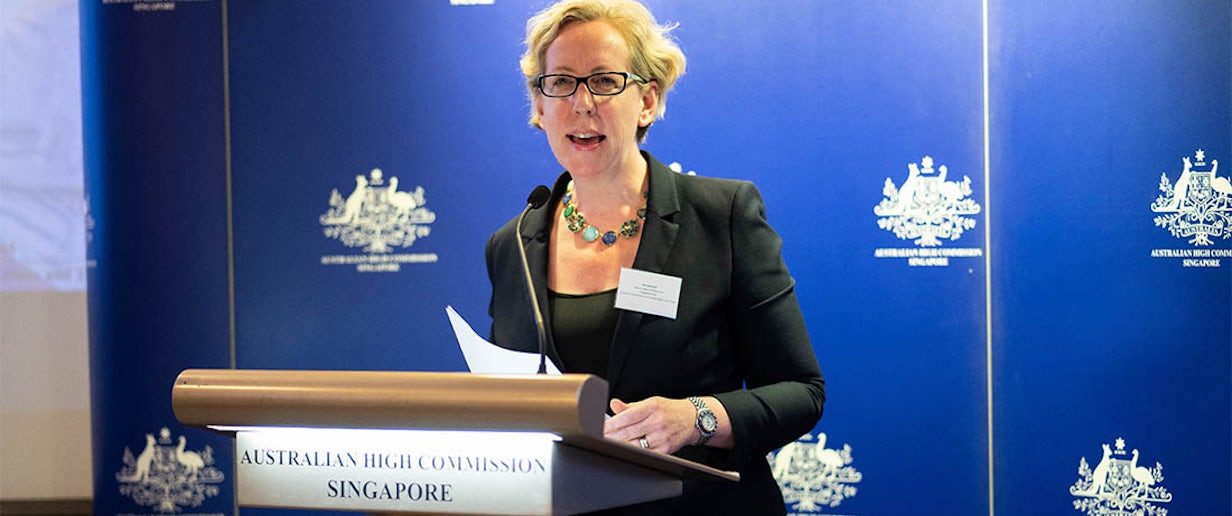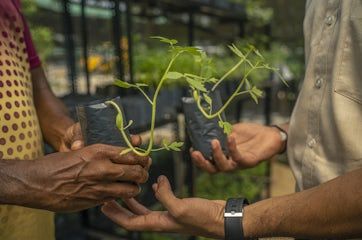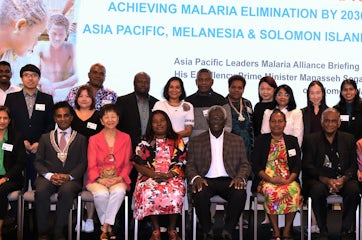One step closer to stronger health systems in Asia Pacific
by •

To eliminate malaria, everyone — including the hardest to reach communities in border areas — must have access to the right treatments and diagnostic tests. For this to happen, we need strong regulatory systems: an important piece of the health systems puzzle.
Medicine regulation is a priority topic on the agenda of a series of events in Singapore this week, where regulators from across the Asia Pacific region discussed work sharing and how to improve access to priority drugs, including antimalarials.
At a roundtable hosted by the Duke-NUS Centre of Regulatory Excellence (CoRE),1 participants discussed Good Reliance Practices between National Regulatory Authorities (NRAs) — in other words, how to encourage the exchange of information to allow low-resourced NRAs to deliver better and faster.
It almost goes without saying that strengthening NRAs to do the job also means identifying adequate funding mechanisms to build and sustain the capacity of their teams. For this reason, the CoRE Symposium held on the 3rd of October, was centred on innovative financing for health care and health systems.
Access to medicines is a matter of health security
To tackle emerging and re-emerging health threats and infectious diseases, guaranteeing access to the right and quality health products is crucial. This was made clear during a reception hosted by the Indo-Pacific Centre for Health Security and the Therapeutic Goods Administration (TGA) of the Australian Department of Health at the Australian High Commissioner’s residence. It marked the the launch of the Indo-Pacific Regulatory Strengthening Program (RSP).
NRAs have a key role to play in guaranteeing access to the right medicines to effectively treat and reduce the transmission of deadly infectious diseases. But, low resources and capacity often lead to delayed registration, stock outs or the inability to detect poor-quality medicines.
On the importance of partnerships: if you want to go far, go together.
To effectively build the capacity of NRAs in the region, we need collective effort. Partnerships allow resources and expertise to be combined towards a common goal.
Working with the TGA and the WHO, APLMA has led the development of the Regional Regulatory Partnership (RRP) since 2014. The RRP is a platform of malaria programs and NRAs from nine countries, working together to ensure that antimalarials products make it to market without delay, are safe and of quality.
This partnership was the springboard for the DFAT-TGA Regulatory Strengthening Program (RSP). The RSP now represents an additional opportunity to strengthen registration processes for priority health commodities, in partnership with Australian Department of Health, the World Health Organization (WHO) and CoRE. The RSP also aims to promote regional collaboration for improved regulatory practice.
While the scope of the RSP is broader than malaria, the program progresses the implementation of APLMA’s malaria elimination roadmap. APLMA looks forward to extending continuous support for the program to improve health outcomes beyond malaria.
1 Duke-NUS Centre of Regulatory Excellence, Singapore, 3rd of October 2018




